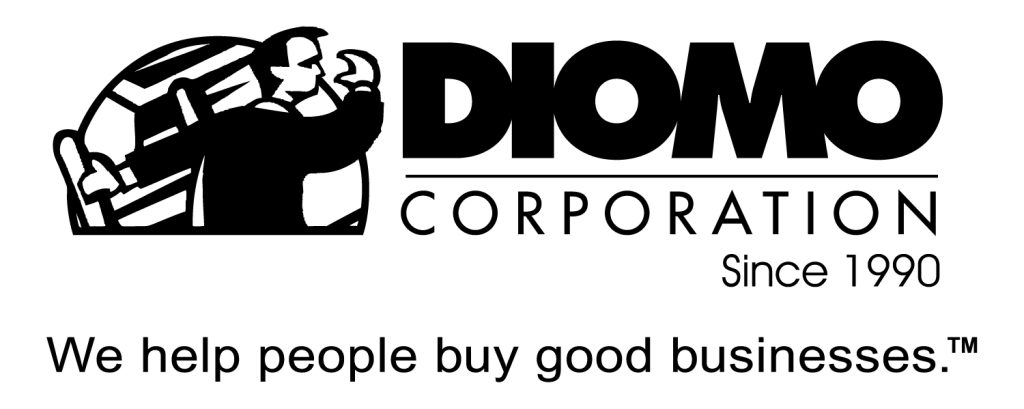When you reach the point of having to value a business for sale, buyers often handcuff themselves and do not even realize they are doing it
. Although putting a price tag on a business is more of an art than science, there is one common mistake that many buyers make that causes them to drastically overpay for a business.
To address where buyers go wrong, we need to first understand how sellers arrive at their asking price.
When we talk about art versus science, it is never more apparent than when a business owner comes up with a price to sell a business. Having analyzed thousands of businesses for sale, I think the process often goes as follows: Seller hangs up a sheet of paper listing several dollar amounts with the lowest one being the amount they would love to see someone pay for their business, and the highest figure being their strike it rich figure. Then, they put on a blindfold, take a dart and toss it at the paper. Wherever it lands is their asking price.
Okay, a bit dramatic I agree, but you get the point.
A massive problem in the business sale sector is that sellers, and some business brokers, will establish a price solely to test the market.
A broker may price it at whatever the seller wants just to get the listing, and then go back to try and reduce it when it doesn’t sell. Or, the seller has a fixed amount in their mind what they need to exit the business, either for retirement, to pay off debt, perhaps a divorce or for another use. What do all of these scenarios have to do with accurately valuing a business? Nothing!
Unfortunately, far too frequently, a seller establishes their price void of any logic; it is all emotion. They do so with the slim hope that someone will be foolish enough to pay their price, and sometimes it happens, but do not let that happen to you.
Inexperienced buyers who come across situations like this get trapped into making what I referred to earlier as the biggest mistake – they use the seller’s asking price as a basis for their valuation.
This is the worst thing you can do. The asking price has absolutely nothing to do with a proper valuation.
So we agree – forget the asking price!
When buying a business, you have to approach the valuation process independently, without any emotion and with zero reference to what the seller is asking. You may find that your valuation varies greatly from the seller’s and then some buyers worry that their offer will “insult the seller”. Don’t worry, go ahead and insult them! It’s not their money. Of course, you would prefer to not turn them off and refuse any further negotiations, but when your offer is based on factual data, and a seller cannot provide a rational explanation for theirs, you will almost always win the argument. If you don’t, then be glad you didn’t.

